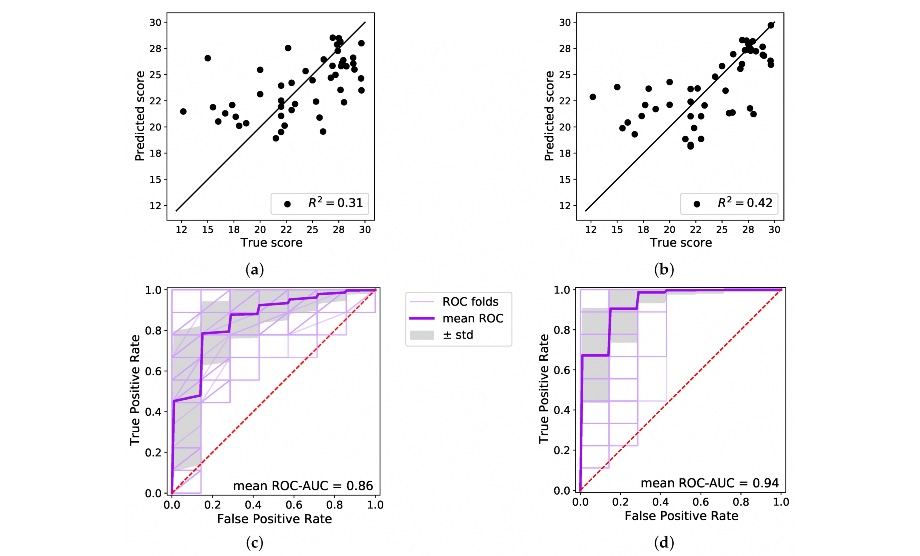New Publication
Eigenbehaviour as an Indicator of Cognitive Abilities
Sensors

Angela A. Botros, Narayan Schuetz, Christina Röcke, Robert Weibel, Mike Martin, René M. Müri and Tobias Nef
Abstract
With growing use of machine learning algorithms and big data in health applications, digital measures, such as digital biomarkers, have become highly relevant in digital health. In this paper, we focus on one important use case, the long-term continuous monitoring of cognitive ability in older adults. Cognitive ability is a factor both for long-term monitoring of people living alone as well as a relevant outcome in clinical studies. In this work, we propose a new potential digital biomarker for cognitive abilities based on location eigenbehaviour obtained from contactless ambient sensors.
Indoor location information obtained from passive infrared sensors is used to build a location matrix covering several weeks of measurement. Based on the eigenvectors of this matrix, the reconstruction error is calculated for various numbers of used eigenvectors. The reconstruction error in turn is used to predict cognitive ability scores collected at baseline, using linear regression. Additionally, classification of normal versus pathological cognition level is performed using a support-vector machine. Prediction performance is strong for high levels of cognitive ability but grows weaker for low levels of cognitive ability. Classification into normal and older adults with mild cognitive impairment, using age and the reconstruction error, shows high discriminative performance with an ROC AUC of 0.94. This is an improvement of 0.08 as compared with a classification with age only.
Due to the unobtrusive method of measurement, this potential digital biomarker of cognitive ability can be obtained entirely unobtrusively—it does not impose any patient burden. In conclusion, the
usage of the reconstruction error is a strong potential digital biomarker for binary classification and, to a lesser extent, for more detailed prediction of inter-individual differences in cognition.
https://doi.org/10.3390/s22072769